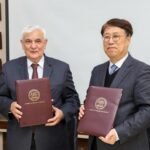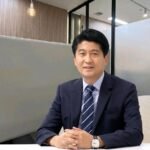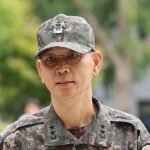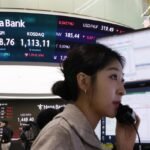South Korea’s LG CNS Co., a cloud computing services arm of LG Corp., announced on Thursday that its Marketing Optimization Platform (MOP), launched in May last year, has secured over 800 corporate customers within one year.
LG CNS emphasized that the amount of advertising handled by corporate customers through MOP has surpassed $73.16 million.
The platform is intended to maximize efficiency in advertising campaigns for corporate clients by optimizing performance such as portal search ads, shopping search ads, and display ads.
By integrating data provided by advertising media into MOP, businesses can immediately apply it to their operations.
LG CNS explained that MOP also employs mathematical optimization, a technology that automatically optimizes decision-making through artificial intelligence (AI), and uses AI algorithms to respond flexibly to market changes.
The global travel platform Trip.com, which adopted MOP, reported a 25% increase in conversion rates in portal search ads while reducing marketing costs by 32%.
LG CNS is also advancing its technology to create and operate more sophisticated advertising prediction models by linking actual conversion data held exclusively by corporate customers with MOP via an application programming interface (API).
The enhanced MOP will be applied first to Trip.com.
LG CNS plans to introduce MOP to the US advertising market in the second half of the year. The company will support corporate clients in optimizing their search ads on the world’s largest e-commerce company, Amazon, through MOP.
By Hae-Sung Lee
ihs@hankyung.com















